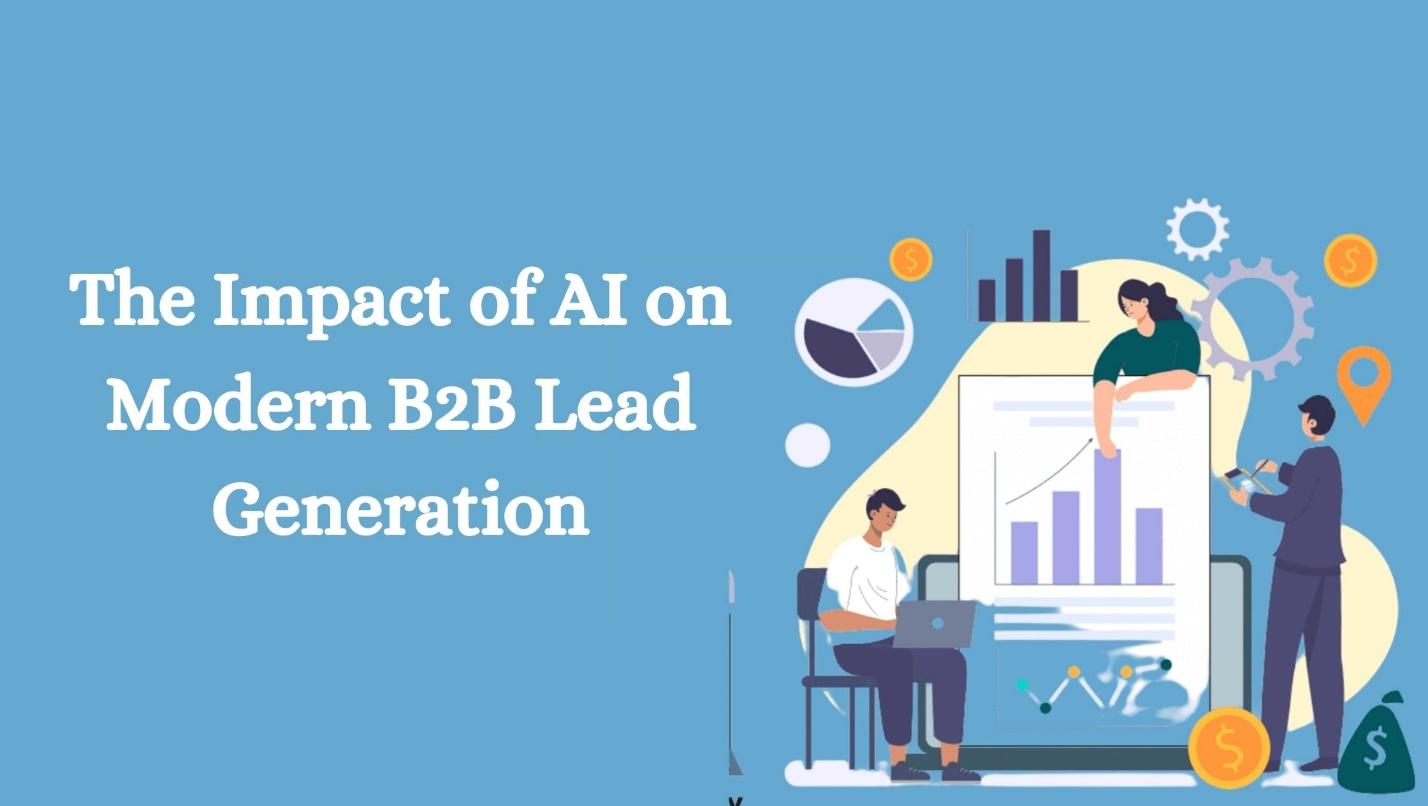How AI Can Generate Leads for B2B Businesses
Artificial Intelligence (AI) is revolutionizing the way B2B businesses generate leads. By leveraging AI, companies can streamline their lead generation processes, improve targeting, and ultimately drive higher-quality leads. Here’s how AI can help:
1. Predictive Lead Scoring
AI-powered predictive lead scoring uses machine learning algorithms to analyze historical data and identify patterns that indicate a lead’s likelihood to convert. By scoring leads based on their behavior, demographics, and engagement, businesses can prioritize high-potential leads and focus their efforts on the most promising opportunities.
2. Enhanced Customer Profiling
AI can analyze vast amounts of data to create detailed customer profiles. By understanding the characteristics of your ideal customer, AI can help you target similar prospects more effectively. This includes analyzing firmographics, technographics, and even intent data to identify businesses that are most likely to need your product or service.
3. Chatbots and Conversational AI
AI-powered chatbots can engage with website visitors in real-time, answering questions, qualifying leads, and even scheduling meetings. By providing instant responses and capturing contact information, chatbots can significantly increase lead capture rates and improve the overall customer experience.
4. Content Personalization
AI can analyze user behavior and preferences to deliver personalized content recommendations. By serving up the right content at the right time, businesses can nurture leads more effectively and move them further down the sales funnel. Personalized email campaigns, for example, can have significantly higher open and conversion rates.
5. Social Media and Web Monitoring
AI tools can monitor social media platforms, forums, and websites to identify potential leads based on their online activity. For example, if a company is discussing a problem that your product can solve, AI can flag this as a potential lead and alert your sales team to reach out.
6. Automated Outreach
AI can automate outreach efforts by sending personalized emails or messages to prospects at scale. By analyzing responses and engagement, AI can optimize the timing, content, and frequency of these communications to maximize response rates.
7. Account-Based Marketing (ABM)
AI can enhance ABM strategies by identifying key accounts and decision-makers within those accounts. By analyzing data from various sources, AI can help you tailor your marketing efforts to specific companies and individuals, increasing the likelihood of engagement and conversion.
8. Data Enrichment and Cleansing
AI can automatically enrich and cleanse your CRM data, ensuring that your lead database is up-to-date and accurate. This not only improves the efficiency of your lead generation efforts but also ensures that your sales team is working with the most relevant and current information.
9. Sentiment Analysis
AI can analyze the sentiment behind customer interactions, such as emails, social media posts, and reviews. By understanding the emotional tone of these interactions, businesses can tailor their approach to better resonate with potential leads and address any concerns or objections they may have.
10. Competitor Analysis
AI can monitor your competitors’ online activities, such as changes in pricing, new product launches, or shifts in marketing strategy. By understanding what your competitors are doing, you can identify opportunities to differentiate your offering and attract leads who may be dissatisfied with their current provider.
Conclusion
AI is a powerful tool for B2B lead generation, offering a range of capabilities that can help businesses identify, engage, and convert high-quality leads more efficiently. By integrating AI into your lead generation strategy, you can stay ahead of the competition, improve your targeting, and ultimately drive more revenue for your business.
If you’re not already leveraging AI in your lead generation efforts, now is the time to start. The technology is only going to become more sophisticated, and early adopters will have a significant advantage in the competitive B2B landscape.
